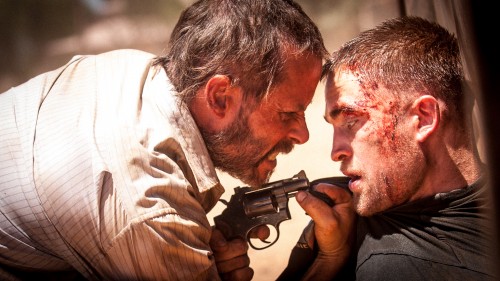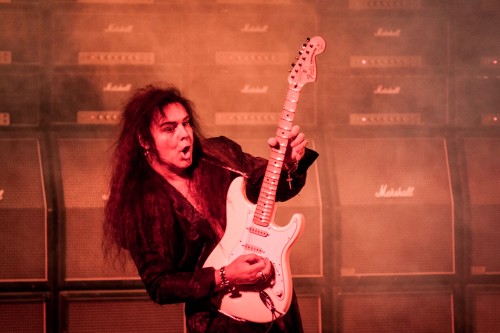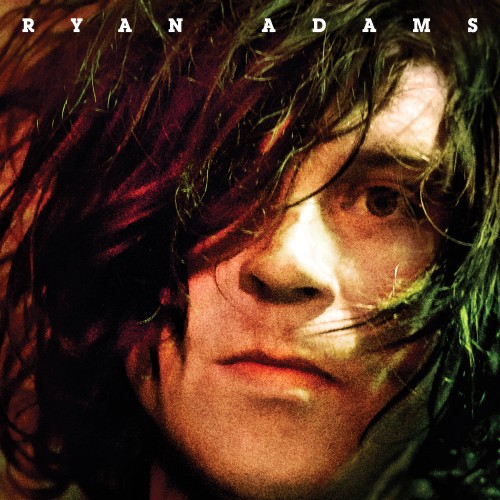By Greg Popil
Post-apocalyptic movies, regardless of the size of the budget or general tone, have always been a showcase for costume designers, set designers and art directors. The very mention of the sub-genre immediately evokes images of the oceans of skulls in the Terminator series’ flash-forwards, the bridges of Manhattan lined with explosives in “Escape from New York” or “The Road Warrior’s” future-punk biker gangs. So the biggest shock of David Michod’s new drama “The Rover” is how fundamentally normal his vision of the end of the world seems.
Set “10 years after the collapse” (the movie offers no further explanation, not so much as an idle conversation about super volcanoes or Goldman Sachs), “The Rover” shares its Australian outback setting with the Mad Max series, but little else. Guy Pearce stars as the nameless protagonist, a man who at first appears to us so utterly defeated that he can barely bother to swat away the flies crawling on and into his nose. Soon enough though, a small group of bandits steal Pearce’s beloved car, and the look in his eyes is immediate: It’s the kind of look Harrison Ford or Mel Gibson get when someone messes with their family, only taken to an even greater, feral level. Soon Pearce, by fortunate coincidence, kidnaps Rey (Robert Pattinson), the half-witted brother of one of the bandits, and forces him to go on a road trip to recover Pearce’s missing vehicle.
The level of passion that Pearce feels for his car (especially compared to the shockingly small regard he has for human lives) combined with the setting, might make you believe that the movie is headed for a “Road Warrior”-style car chase climax, but you would be mistaken. The car itself is nothing special, and Pearce plays the character’s desire as the madness of a zealot. Far closer in tone to Cormac McCarthy’s “The Road” and its subsequent film adaptation, this is a bleak, brutal world where a line of crucified bodies barely merits a second glance. Michod, whose twin breakthrough movies were the critically acclaimed “Animal Kingdom” and the heavy metal cult favorite “Hesher,” evokes an outback that has, as a community, simply put its head down and adjusted to life being only slightly more unbearable than it was before this unnamed catastrophe.
The screenplay by Michod and actor Joel Edgerton (“Zero Dark Thirty”) is a masterpiece of minimalism, allowing for unbearably long stretches of silence, often punctuated by gunshots that evoke a real sense of shock. The bulk of the dialogue in the movie goes to Pattinson, and while the “Twilight” star’s presence may repel a certain percentage of the population, he in no way embarrasses himself. Rey is portrayed as mildly retarded, so it took a lot of guts for Pattinson to take this role (the Simple Jack subplot from “Tropic Thunder” immediately springs to mind). He and Michod smartly underplay the tics and stutters that would normally dominate the dialogue, and Rey’s presence actually proves useful to Pearce in a few later scenes. (Pattinson took this role following an acclaimed turn in David Croenberg’s “Cosmopolis,” and he will soon be taking up the mantle of Peter O’Toole in playing T.E. Lawrence in an upcoming movie, a move so crazy-brave I can’t help but applaud it even if it flops. Clearly he has aspirations of being a serious actor, and courageous choices like this will only help in that goal.)
As good as Pattinson is, however, he and everyone else are blown off the screen by Pearce, who has never been better. Having worked for years in Hollywood as a talented utility man after failing to capitalize on his breakthrough starring role in Christopher Nolan’s “Memento,” Pearce conjures a character of alternating stillness and rage, whose voice never rises above a whisper but whose eyes convey a fire that could set the entire desert ablaze. Ocular acting of this caliber is rarely seen outside of Kane Hodder’s portrayal of Jason Voorhees. Pearce, who showed a real talent for charming chattiness in “Memento,” never speaks an extraneous word (I clocked his first actual line of dialogue somewhere at the film’s 20-minute mark), but he doesn’t need to. He is going to get what he wants, and God help whoever stands in his way.
Credit to Michod, too, for never giving Pearce any cheap outs, or allowing for any cloying sentimentality between him and Rey. This is an uncaring world we’re seeing, and the pain that finally seeps through Pearce’s brutal eyes is less grief than pure exhaustion. We finally learn the reason for Pearce’s obsession, and it’s a gut-punch, but it doesn’t make him any more likeable or redeemable. There may be a heart there, but getting to it is like sticking a shovel into a bed of rocks: Possible, but hardly worth the effort.
Rating: 74/81




Leave a Reply